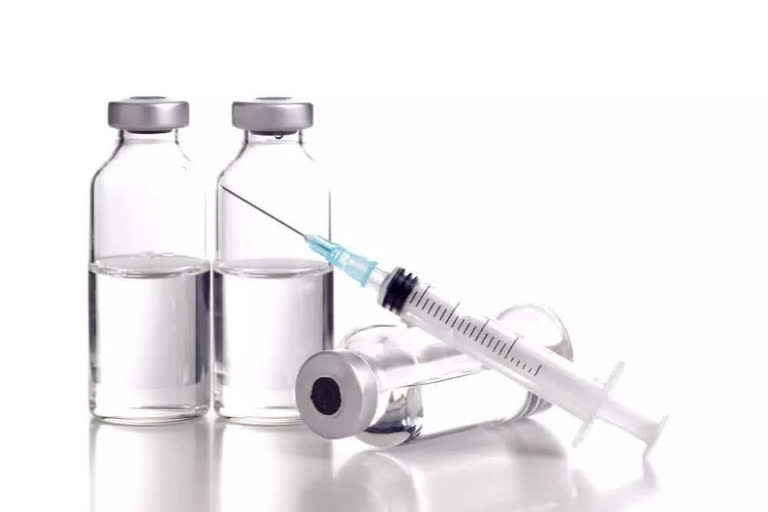Beijing: Chinese vaccine maker Sinovac has said that its COVID-19 vaccine candidate, CoronaVac, has been found to induce an immune response in initial human trials.
No severe adverse events were reported in either the phase-1 or phase-2 trials, said the company on Saturday, while revealing preliminary results of the trials.
"Our phase I/II study shows CoronaVac is safe and can induce immune response," Weidong Yin, Chairman, President and CEO of Sinovac, said in a statement.
Read also: Final tests of some COVID-19 vaccines to start next month
"Concluding our phase I/II clinical studies with these encouraging results is another significant milestone we have achieved in the fight against Covid-19. We have started to invest in building a manufacturing facility so that we can maximise the number of doses available to protect people from COVID-19."
The clinical trials were designed as randomised, double-blind and placebo-controlled studies.
In total, 743 healthy volunteers, aged from 18 to 59 years old, enrolled in the trials -- 143 volunteers in phase-1 and 600 volunteers in phase-2.
The phase-2 clinical trial results showed that the vaccine induces neutralising antibodies 14 days after the vaccination.
Read also: 99% sure coronavirus vaccine will work, claim Chinese scientists
The neutralising antibody seroconversion rate was found to be above 90 per cent, indicating that the vaccine candidate can induce a positive immune response.
Sinovac said it expects to submit a phase-2 clinical study report and a phase-3 clinical study protocol to China's National Medical Products Administration (NMPA) in the near future and commence application of phase-3 clinical trials outside of China.
As previously announced on June 11, Sinovac is collaborating with Instituto Butantan in Brazil to prepare and conduct a phase-3 clinical study.
Sinovac said it hopes to share the full data on its clinical trials with the public through academic publications.
The Chinese vaccine maker started work on development of a vaccine against Covid-19 in January in partnership with leading academic research institutes in China.
IANS



